One definition of culture is the ideas, customs, and social behaviour of a particular people or society. In no dictionary it is stated that the culture must have clear borders on a map. But how come we so often assign culture to a particular country? This became the spotlight for Kulturwochen 2023 programme.
Past years Kulturwochen had represented the cultures of Iran, Syria and Afghanistan. However this year the public meets Kurdish – a culture without state. “By moving away from the national concept, we make it clearer what we are actually dealing with: with cultures, with people who have not lived in their countries of origin for decades, with habits, with irritations, with diversity. And we cannot title this diversity by the borders of a state” – says Natalie Demmer, Kulturwochen project manager. “Therefore, starting this year, we will turn the words around. The Kurdish Cultural Weeks are the beginning of something new”. With such a statement we take a deeper look into Kurdish culture and what is upcoming in Kulturwochen programme.
Echoes of “Jin, jiyan, azadi!”
The slogan originated with the Kurdish Freedom Movement and was popularized during women’s marches in Turkey in 2006. The slogan was inspired by the writings of Abdullah Ocalan, who said that “a country can’t be free unless the women are free.” Thanks to the Kurdish women’s movement, the slogan became the philosophy of freedom and various different campaigns are using it to describe a common struggle of women against colonialism and patriarchal capitalism.
However some ignore the slogan’s political history, and as seen by activists, this contributes to the long-standing erasure of Kurdish people’s identity and struggle. “It’s meant to be a universal slogan for a universal women’s struggle”, a London-based anthropologist and activist in the Kurdish women’s movement Elif Sarican told NPR. “But the root needs to be understood, at the very least in respect towards the people who have sacrificed their lives for it, but also to understand what this is saying… These aren’t just words.”
Leading the world in female fighters
The story of Kurdish women is part of the greater Kurdish struggle for independence and self-government. Only in recent years have Kurdish women been recognized for their bravery defending their homelands, standing up against oppressive governments and patriarchal society.
Kurdish women serve as a pre-eminent example at the frontlines – defending their homeland as well as taking leadership in local government. The Kurdish military has the highest female fighter participation in the world with 40% of the forces being female. The “Women’s Protection Units” (YPJ) have captured the attention of both socialist and non-socialist feminists around the world, thanks to their role in liberating Kobani in Syria.
Living in cultural and religious diversity
Seems hard to find – so multicultural and multi-religious group – from christianity to islam, from atheism to judaism and beyond. Despite various religious fundamentalist groups in the region, Kurdish people are widely recognized to be one of the few cultures in the Middle East that practice religious tolerance. Their suffering, combined with their rich history, have made Kurds particularly welcoming of other religions.
Diversity comes also with a huge range of political affiliations, but it seems like Kurdish found a way for inclusiveness. The Kurdish Parliament consists of 111 seats, with 11 of them dedicated to minorities under a quota system. Since 2009 the Kurdish Regional Government has legislated gender quotas that guarantee 30% of the seats in parliament for women. In the German Bundestag only 5.1% more members of parliament are currently women.
The hardship for Kurdish cultural survival
In addition to political repression, the Kurds have also experienced cultural constraints. Looking back at the history line Kurds were forbidden to speak Kurdish in public, they had to change their names to local ethnic names if they wanted a job or to enroll their children in school. Their books, music and clothing were considered contraband and they had to hide them in their homes. If authorities searched their homes and found anything Kurdish, they could be imprisoned. It makes sense then that the majority of the Kurds identify with their ethnicity rather than a nationality that has been forced upon them.
Kurdish culture has a rich oral tradition. Kurdish literature that first appeared in the 7th century, epic poems, referred to as lawj, which depict adventure in love or battle, traditional folk songs – just to name a few elements of Kurdish culture. Despite being secondary to vocals, Kurds use many instruments in traditional music, such as the tembûr, bağlama, qernête, daf, duduk, kaval and others. Traditional Kurdish music is culturally distinct from Arabic, Armenian and Turkish music, and mostly composed by people who remained anonymous.
Culture is often perceived visually. Here the colourful traditional carpet-weaving and embroidery full of Kurdish symbols, leather crafting and metal ornamentation are exceptional. Besides that, other elements like traditional cuisine, dance and clothing are a big part of Kurdish culture, which can be discovered during Kulturwochen events this year.
How to represent a culture?
When talking about the impact Kulturwochen programme embarks on and the goals of its events, the project manager Natalie Demmer puts reality into words. “We will never be able to fulfil our claim to represent an entire culture, whatever that is, in its entirety and in all perspectives”, but more optimistically manager points out that “Our approach is always to make as many contacts as possible in the communities we deal with. They then contribute ideas and suggestions and we implement them.” Participation in such events is a way for society to exchange the cultures around us, and Kulturwochen is inviting us to do so.
Culture enriches our lives. Get to know the people living next door.
Upcoming Kulturwochen events (November 4 -11th)
- EXHIBITIONS (all happening at Pop-up pavillon):
Meaningful drawings and stories “Jin Jiyan Azadi – by Randa Suleiman”
Photo exhibition “Jinwar. The Village of Free Women in Rojava (North and East Syria)”. Portraying the fight for deep change and liberation of society
Works of art “Contemporary mirror by Haydar Karaldi” encouraging the viewers to think
- DIALOGUES & PANELS
“Jin Jiyan Azadî – more than a slogan: Four Kurdish women’s perspectives” November 4th, 19:00 @Kulturforum
“Kurdish politicians in conversation – What can a state feminist organization look like? With Asya Abdullah and Leyla Îmret” November 8th 19:00 @Pop-up pavillon
“Culturitical Talks: What is culture?” November 9th 19:00 @Pop-up pavillon
“A trip to the Kurdish areas – with Dr. Kamal Sido” November 10th @Kulturforum
- READINGS & LECTURES:
“If you could, I would ask you for a homeland.” November 6th 20:00 @Schauspielhaus Reihe 17
“Kurdish story time for children” (in German) November 7th 11:00 @Pop-up pavillon
“We know what we want – women’s revolution in north and east Syria” November 7th 19:00 @Pop-up pavillon
- MUSIC & THEATRE:
“Bar session at MUM&DAD with Lil.v” November 10th from 21:00
Theatre “Unheard stories from Kurds – “Faces of Change” November 11th 18:00 @Pop-up pavillon
DJ night “Lil.v & Jiyan” (paid entrance) November 11th from 23:00 @ Luna Club
Find more about Kulturwochen on their website, Instagram or Facebook
“The love of one’s country is a splendid thing.
— Pablo Casals (Spanish and Puerto Rican cellist, composer, and conductor. Wrote music for UN Anthem for world peace, 1963 Presidential Medal of Freedom; 1876- 1973)
But why should love stop at the border?“
![FHews – [ fju:s]](http://fhews.de/wp-content/uploads/2015/05/fhews_logo2_3B8ACC.jpg)
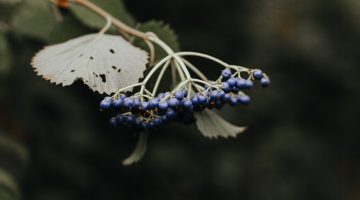
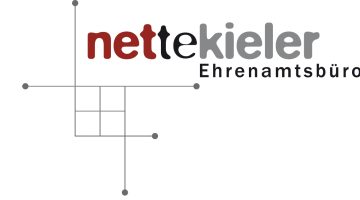
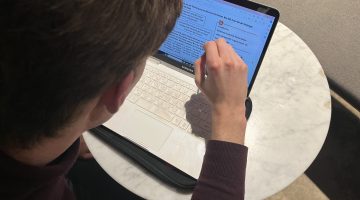
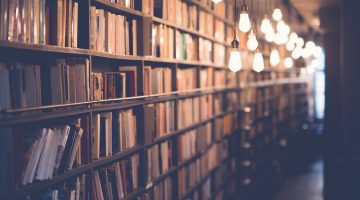
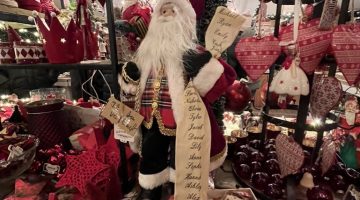
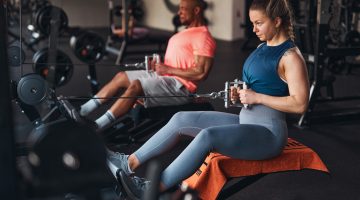
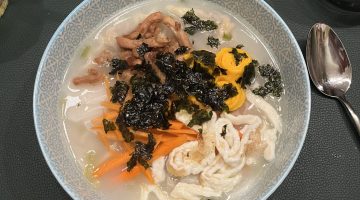
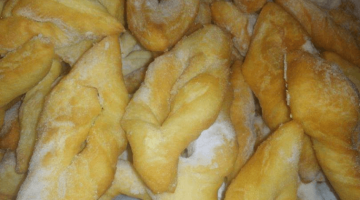
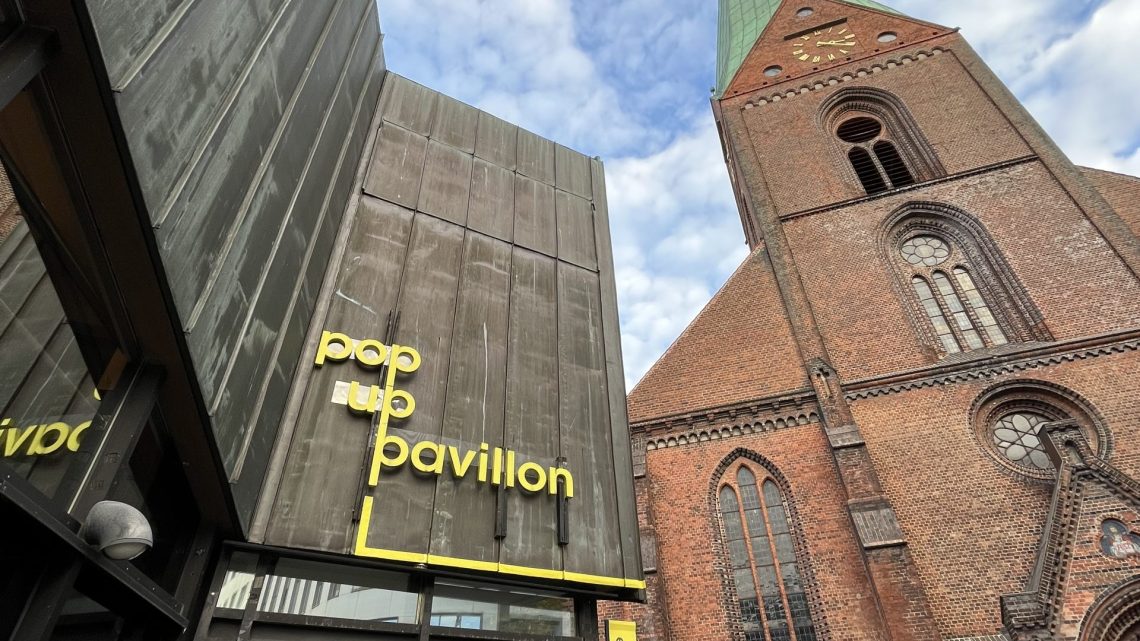
No Comment